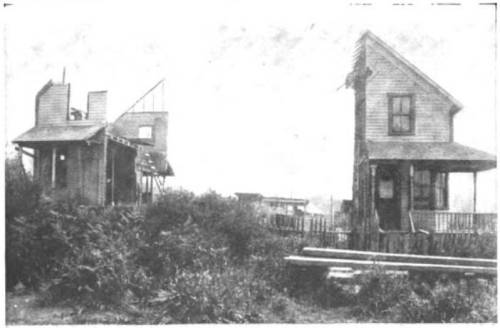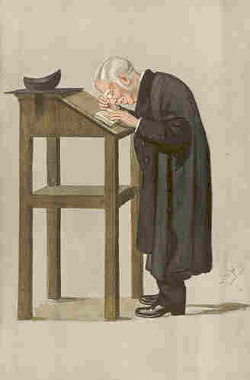Apparently bored in 1940, Gerald Tyrwhitt-Wilson sent a note to socialite Sibyl Colefax:
I wonder if by any chance you are free to dine tomorrow night? It is only a tiny party for Winston and GBS. I think it important they should get together at this moment. There will be nobody else except for Toscanini and myself. Do please try and forgive this terribly short notice. Eight o’clock and — of course — any old clothes.
“There was only one thing wrong about this heaven-sent epistle, which was written in longhand,” wrote Beverley Nichols. “The address and the signature were totally illegible. The address looked faintly like Berkeley Square, but it might equally have been Belgrave Square and the number might have been anything from 11 to 101. As for the signature she could not tell whether it was male or female.”
Lady Colefax called everyone she knew, but she never found the source. “There is something almost heroic in the thought of her small, thin, determined figure, sitting in her drawing-room in a hail of bombs, reaching out so desperately for the next rung of the social ladder that, for her, reached to heaven.”


